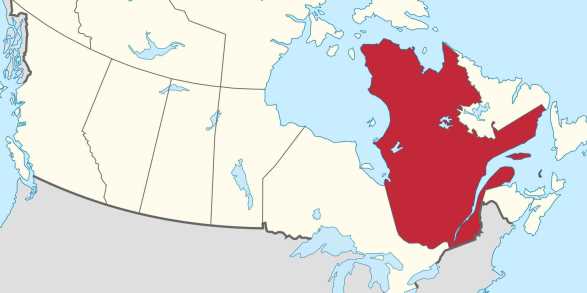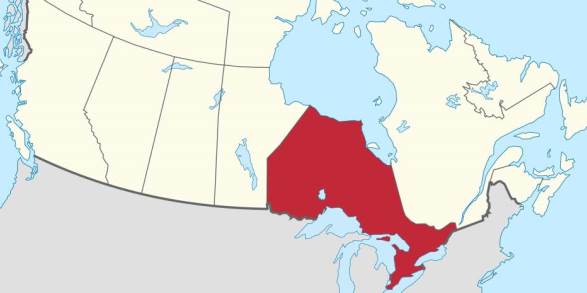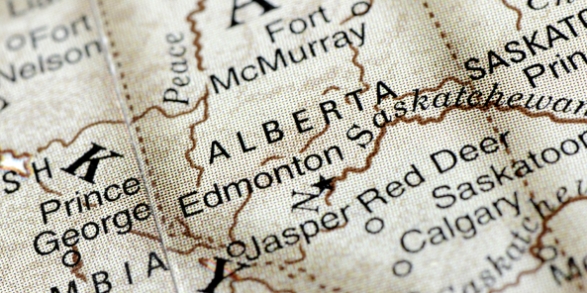The Ontario government is currently neck deep in negotiations with public sector unions including those representing bureaucrats, teachers, and police officers.
compensation
As Alberta’s provincial and municipal governments grapple with declining oil revenues and a weakening economy, a sober review of government spending should be part of any belt-tightening initiative. One place to start is the compensation of government employees, a key spending item for all governments.
One benefit of column writing is the chance for feedback from readers, be they fans, critics or the merely curious. Responses arrive that reflect the rainbow of human emotion from cheery agreement to annoyance to the equivalent of typed-out road rage.
Much of what I (and my colleagues) do is analyze how politicians spend tax dollars and how governments affect our lives in multiple ways. As a result, any report or column that recommends a change to the status quo is sure to touch someone's interest. Predictably, that touches a nerve and sets off a reaction.
With governments collectively racking up almost $46 billion in deficits last year and continuing to struggle with health care costs as the population ages, both governments and citizens are concerned that tax dollars are spent wisely.
As federal and many provincial governments continue to struggle with both deficits and finding ways to constrain spending, its odd that very little has been done on the compensation of public sector workers.
All told, TD Economics estimates that governments in Canada racked up $45.9 billion in deficits last year alone. Most governments in deficit continue to rely on a combination of trying to slow the growth in spending while hoping that revenues catch up.




